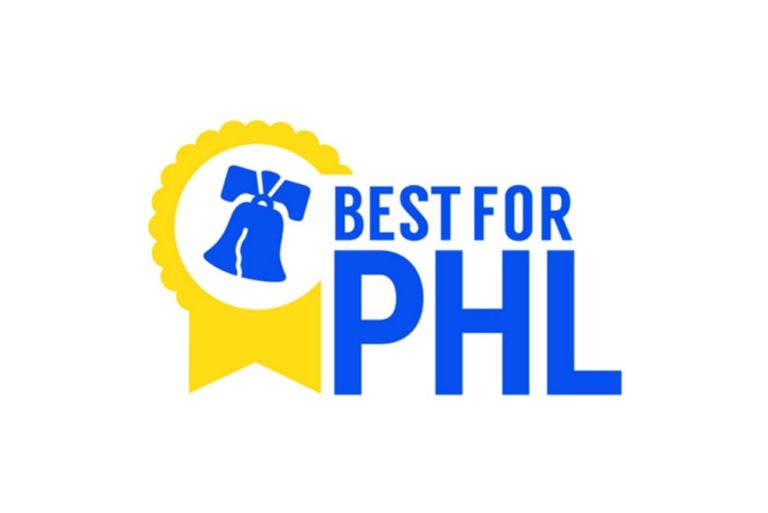In May, SBN’s Program and Membership Coordinator Rebecca Nichols Franqui attended the 2023 ReFED Food Waste Solutions Summit. The summit was held in St. Louis, Missouri, and was attended by hundreds of businesses, funders, solution providers, innovators, policymakers, nonprofits, and more. Through the generous support of the Natural Resources Defense Council, SBN was able to attend to learn food waste solutions. As SBN deepens its work in our local food systems, we are exploring ways we can best support businesses in the food industry, especially when it comes to food waste. Not only does wasting food negatively affect profits for businesses, but it is also a large contributor to carbon emissions. It is especially devastating as more than 34 million people, including 9 million children, in the United States are food insecure. The organizations at the conference do so much in food rescue and recovery, food justice, food waste policy, education, composting, and sustainability. Here are some of the highlights and takeaways from the Summit.
Having excess food is an obstacle for all food businesses. There isn’t a restaurant, grocery store, food distributor, bakery, or other food business that doesn’t struggle on the path to zero waste. Many factors contribute to waste. The amount of food retailers’ waste fluctuates weekly. Sometimes weather or unforeseen events lead customers to change their plans and potentially reduce or cancel their restaurant reservations or food orders. Even though some technology exists to help identify consumer patterns, it is impossible to predict the perfect amount of food to order. Many businesses are left with the food they think might be unsellable or lack a clear plan for donating, composting, or disposing of. Businesses should not feel embarrassed or helpless about this issue. It’s confounding and complicated by many factors outside of their control.
Some solutions exist so that excess food doesn’t have to become food waste. A hierarchy of food waste exists to identify the best methods for using food before it is thrown out. At the top of the scale is Prevention. Prevention means being conscious of the amount of food ordered and making sure to sell as much food as possible. Keeping track of how much food is used vs wasted, seasonal patterns and lifespans of the needed items can help to reduce waste. Stores can also use liquidation structures to help get food off the shelves. The second step is Redistribution to people. Redistribution is where the vast majority of extra food needs to be going to prioritize fighting hunger and climate change simultaneously. This means working with other organizations who will help to pick up and distribute your excess food. The remaining steps on the hierarchy are donating excess food to become animal feed, composting, recycling, and finally, at the bottom, disposal.
One of the biggest barriers to donating food waste is the feeling that it’s too difficult. There are partners in Philadelphia who want to help. With collaboration, we can eliminate barriers, reduce food waste, and fight hunger. SBN member Sharing Excess is one of Philadelphia’s food recovery experts. Sharing Excess works with local restaurants, stores, and wholesalers to deliver excess food to nonprofits, food banks, and community groups. The Coalition Against Hunger also serves the Philadelphia area with immediate to long-term forms of relief, including connecting food pantries to food donors and advocating for change in local and national policies related to food insecurity. Philadelphia is also home to multiple local composters who work with residents and businesses, including Bennett Compost and Circle Compost. Finally, new apps and programs are available for every step of the process. A great Philadelphia-based example is ClearCOGS, which specializes in helping restaurants with their food orders, tracking how much food is used and how much to order.
If you want to learn more or discuss food waste obstacles, please get in touch with SBN at info@sbnphiladelphia.org.


